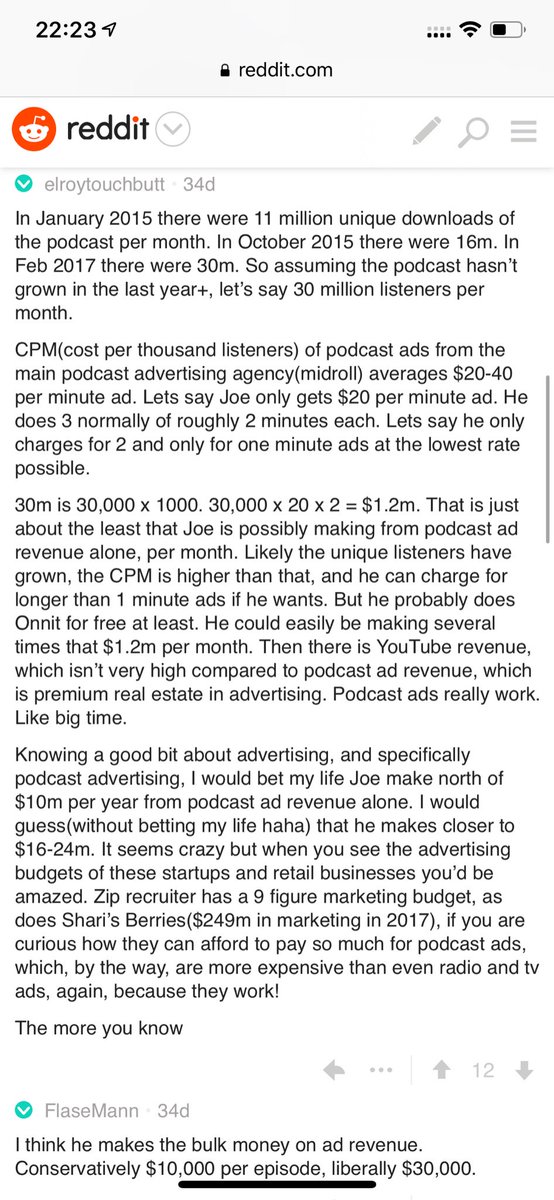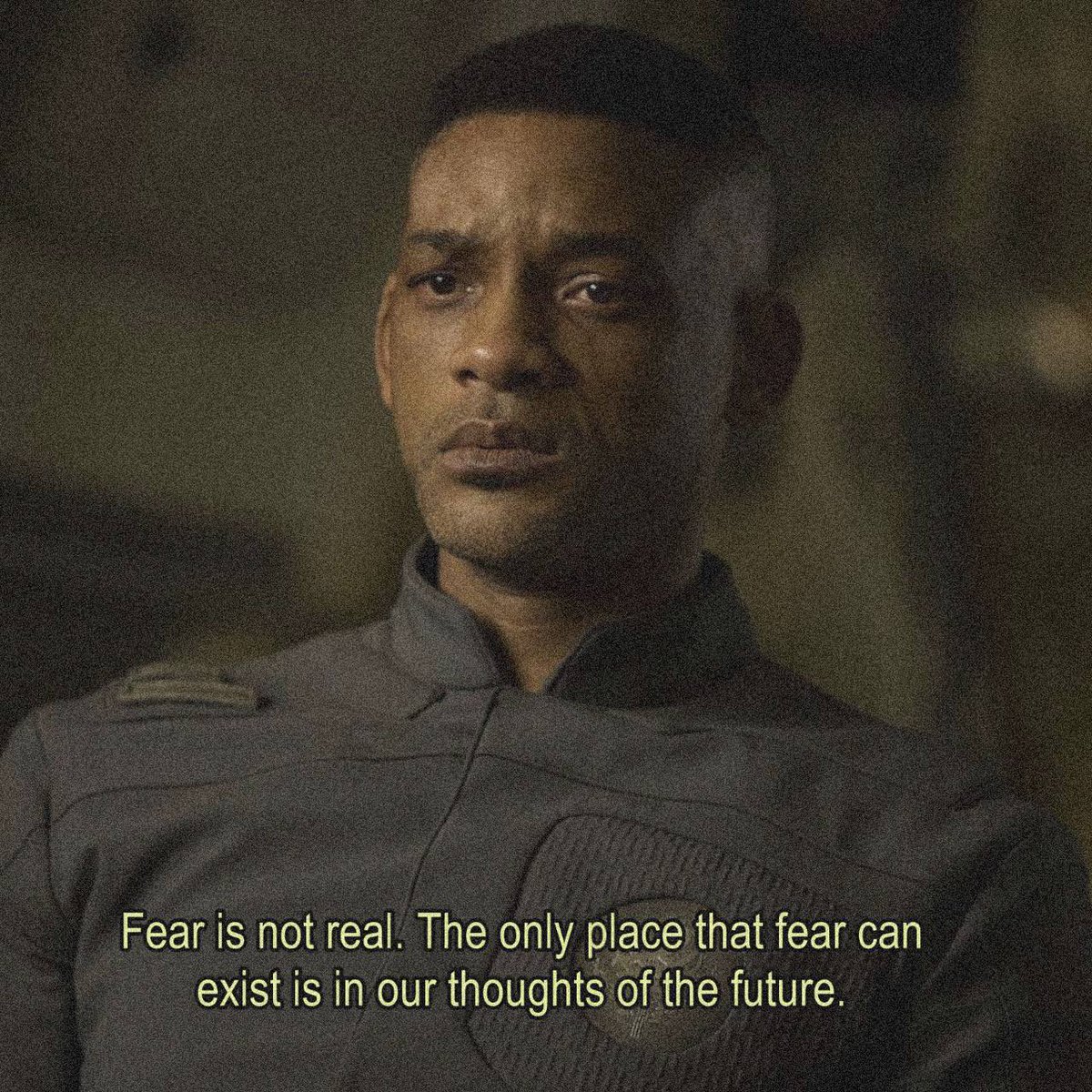20 THINGS PEOPLE LEARN TOO LATE:
- like and rt the first tweet
- follow me @WrittenN0tes
More from Written Notes
15 of the most useful websites you‘ve probable never heared of:
1. 10 Minute Mail
Create a temporary, disposable email address for those times you want to subscribe to a site but you don’t want the future spam.
https://t.co/KQf36kiOEI

2. City Walks
Virtually travel the world without leaving your home.
https://t.co/jOsEMrbXKT

3. Open Peeps
Mix and match over 584,688 combinations to create your own Peep character with this free hand-drawn illustration library.
https://t.co/JXmE9dNOM0

4. TinyWow
A free, easy to use, all-in-one tool to help solve all of your file problems.
https://t.co/LmG1ezv7Yw

1. 10 Minute Mail
Create a temporary, disposable email address for those times you want to subscribe to a site but you don’t want the future spam.
https://t.co/KQf36kiOEI

2. City Walks
Virtually travel the world without leaving your home.
https://t.co/jOsEMrbXKT

3. Open Peeps
Mix and match over 584,688 combinations to create your own Peep character with this free hand-drawn illustration library.
https://t.co/JXmE9dNOM0

4. TinyWow
A free, easy to use, all-in-one tool to help solve all of your file problems.
https://t.co/LmG1ezv7Yw

More from Principles
You May Also Like
I just finished Eric Adler's The Battle of the Classics, and wanted to say something about Joel Christiansen's review linked below. I am not sure what motivates the review (I speculate a bit below), but it gives a very misleading impression of the book. 1/x
The meat of the criticism is that the history Adler gives is insufficiently critical. Adler describes a few figures who had a great influence on how the modern US university was formed. It's certainly critical: it focuses on the social Darwinism of these figures. 2/x
Other insinuations and suggestions in the review seem wildly off the mark, distorted, or inappropriate-- for example, that the book is clickbaity (it is scholarly) or conservative (hardly) or connected to the events at the Capitol (give me a break). 3/x
The core question: in what sense is classics inherently racist? Classics is old. On Adler's account, it begins in ancient Rome and is revived in the Renaissance. Slavery (Christiansen's primary concern) is also very old. Let's say classics is an education for slaveowners. 4/x
It's worth remembering that literacy itself is elite throughout most of this history. Literacy is, then, also the education of slaveowners. We can honor oral and musical traditions without denying that literacy is, generally, good. 5/x
As someone\u2019s who\u2019s read the book, this review strikes me as tremendously unfair. It mostly faults Adler for not writing the book the reviewer wishes he had! https://t.co/pqpt5Ziivj
— Teresa M. Bejan (@tmbejan) January 12, 2021
The meat of the criticism is that the history Adler gives is insufficiently critical. Adler describes a few figures who had a great influence on how the modern US university was formed. It's certainly critical: it focuses on the social Darwinism of these figures. 2/x
Other insinuations and suggestions in the review seem wildly off the mark, distorted, or inappropriate-- for example, that the book is clickbaity (it is scholarly) or conservative (hardly) or connected to the events at the Capitol (give me a break). 3/x
The core question: in what sense is classics inherently racist? Classics is old. On Adler's account, it begins in ancient Rome and is revived in the Renaissance. Slavery (Christiansen's primary concern) is also very old. Let's say classics is an education for slaveowners. 4/x
It's worth remembering that literacy itself is elite throughout most of this history. Literacy is, then, also the education of slaveowners. We can honor oral and musical traditions without denying that literacy is, generally, good. 5/x
Joe Rogan's podcast is now is listened to 1.5+ billion times per year at around $50-100M/year revenue.
Independent and 100% owned by Joe, no networks, no middle men and a 100M+ people audience.
👏
https://t.co/RywAiBxA3s
Joe is the #1 / #2 podcast (depends per week) of all podcasts
120 million plays per month source https://t.co/k7L1LfDdcM

https://t.co/aGcYnVDpMu

Independent and 100% owned by Joe, no networks, no middle men and a 100M+ people audience.
👏
https://t.co/RywAiBxA3s
Joe is the #1 / #2 podcast (depends per week) of all podcasts
120 million plays per month source https://t.co/k7L1LfDdcM

https://t.co/aGcYnVDpMu

































